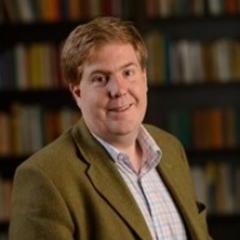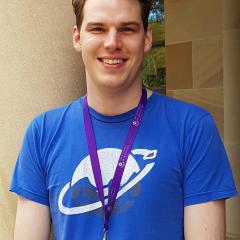The discipline of Classics and Ancient History involves the comprehensive study of two of history’s most influential civilisations – Ancient Greece and Rome.
Classics and Ancient History includes the analysis of the languages, history, culture, art, philosophy and legacy of these cultures. Our teaching and research cover a wide timeframe from the Bronze Age through to Late Antiquity. We offer courses that examine the history of Greece and Rome, Greco-Roman art, Roman Republican and Imperial politics, the myths of Greece and Rome, ancient tragedy and comedy, the social and political institutions of Ancient Athens, and the languages of Ancient Greek and Latin. The University of Queensland is the only institution in the state that allows students to study these cultures in such depth.
Emeritus Professor Robert David Milns AM spent his life deepening our understanding of the ancient world. After his passing on 20 February 2020 he leaves a legacy that will stand the test of time. Read More
Research
The major research strength of the Classics and Ancient History discipline is in the area of the political, social and cultural history of the Greco-Roman world. We are interested in the social and ideological forces that shaped the lives and beliefs of ancient populations.
We employ a range of research strategies to accomplish our goals including demographic and economic modelling, comparative anthropological analysis, poststructuralist techniques of critique, and close readings of our sources. The material that we study includes inscriptions, papyri, literary texts, and archaeological evidence.
Our areas of competency include the economic practice and democratic thought of Ancient Athens; Greek masculinity, sexuality and gender; the material culture of Greece and Rome; Roman women, children, and the Roman family; the political and legal history of the Roman republic; ancient epigraphy and historiography; and the reception of the Classical World.






